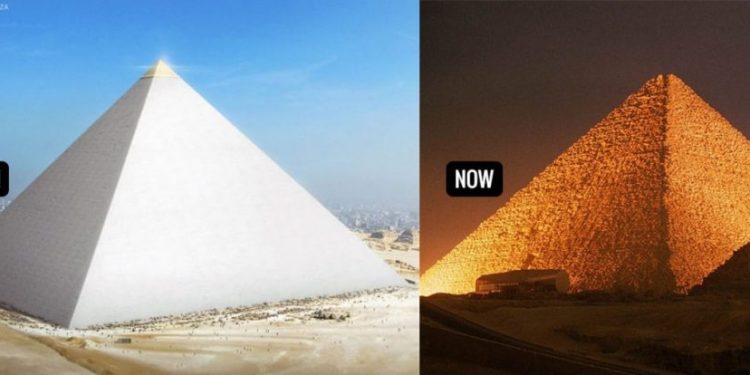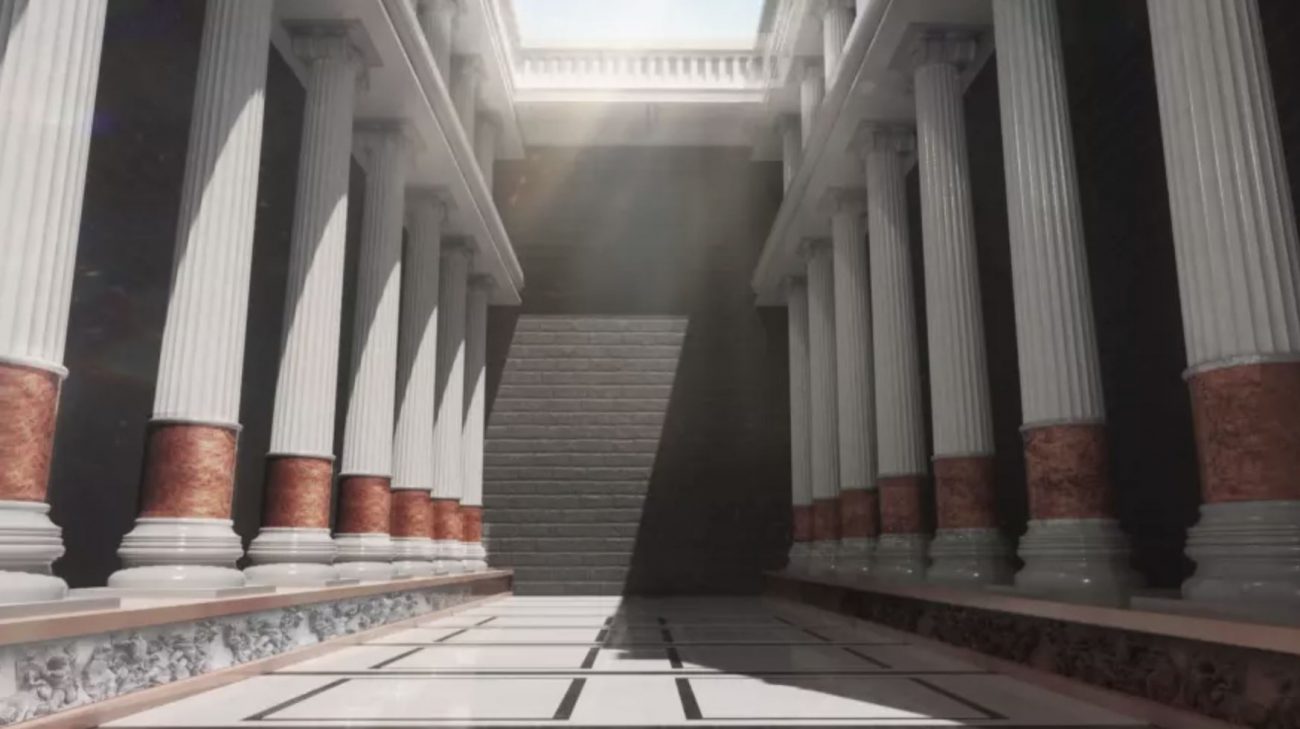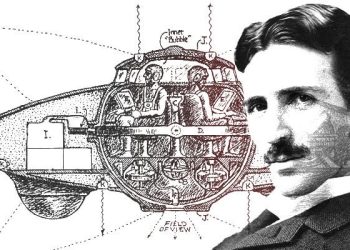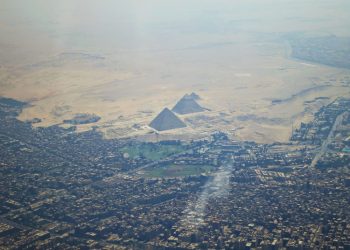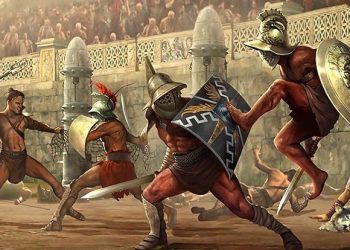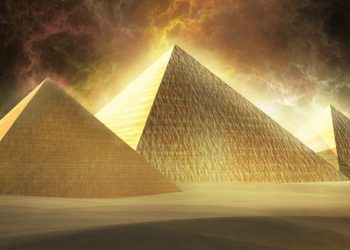The Seven Wonders of the ancient world have been brought back to life in stunning 3D detail, revealing how ancient engineering wonders would have looked when they were completed thousands of years ago. Only one of the seven wonders remains today- the Great Pyramid of Giza- as the other structures were lost over time due to Bellic conflicts, natural disasters, or crumbling civilization. Insurance company Budget Direct has compared images of modern-day locations to how the world’s seven wonders would have looked in the past.
Their goal was to take the reader on a trip through time and allow us to see what these majestic structures looked like when they were in their heyday. When the ancient world looked upon these massive monuments in astonishment, philosophers and writers like Herodotus, Callimachus of Cyrene, and Antipater of Sidon made sure to include these wonders in their writings that would eventually become humanity’s written legacy. Of course, whether this is truly the case of how the ancient wonders looked like in the distant past is something we may never know. Regrettably, we have still not invented a time machine that would allow us to take a trip into the past and witness these majestic monuments when they were freshly completed.
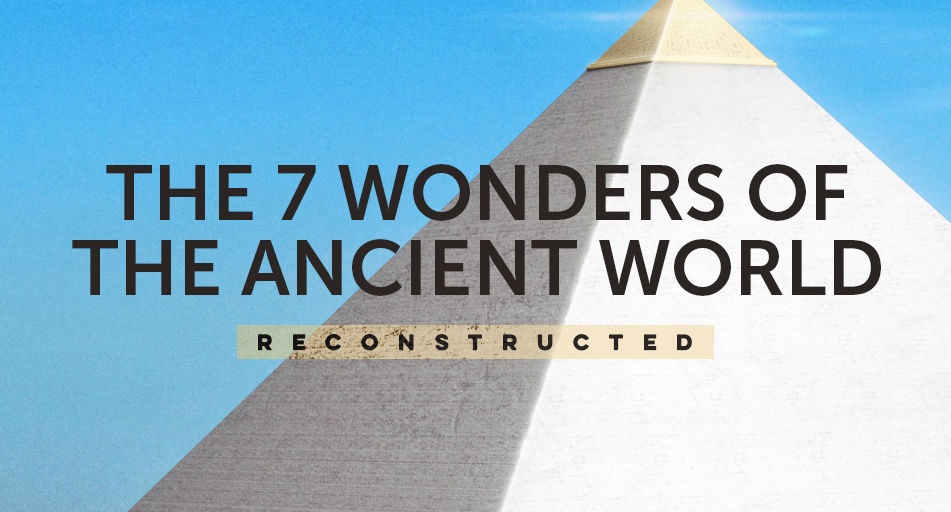
“Our goal was to inspire people to rediscover the long-forgotten wonders of the ancient world. We aim to spark the curiosity of frequent travelers and Internet users alike, showcasing areas of the world that perhaps they’ve not read about before and have considered visiting. Our focus was to bring these relics to life so that readers could get a better feel of what they really looked like in their prime. The result is seven beautiful animated reconstructions that bring these unique structures to life before your very eyes!” – said the project’s authors.
The Hanging Gardens
The Hanging Gardens of ancient Babylon are perhaps one of the most enigmatic ancient wonders of the world. It remains a mystery whether or not this majestic structure ever existed or if it was just the figment of a writer’s imagination. According to legend, the Hanging Gardens were constructed near the Euphrates River in modern-day Iraq as a gift from Babylonian Ruler Nebuchadnezzar to his wife, Amytis.
Before
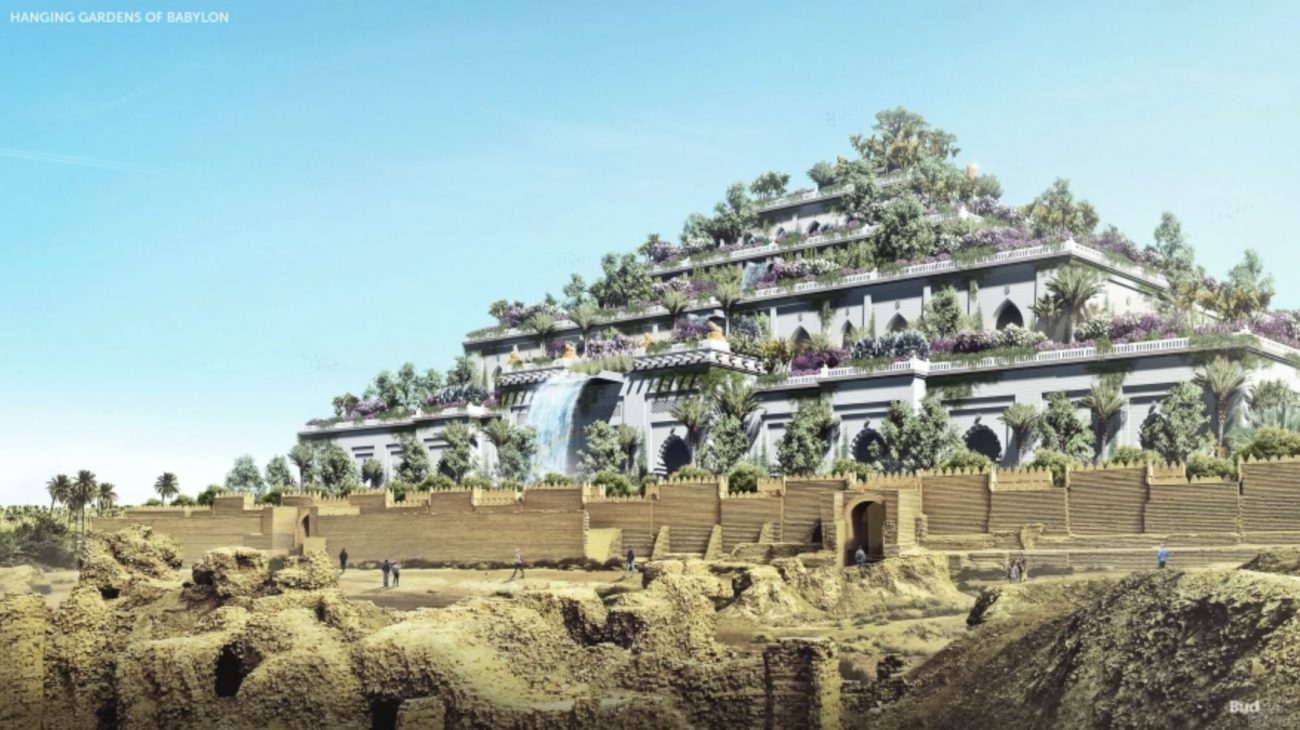
After
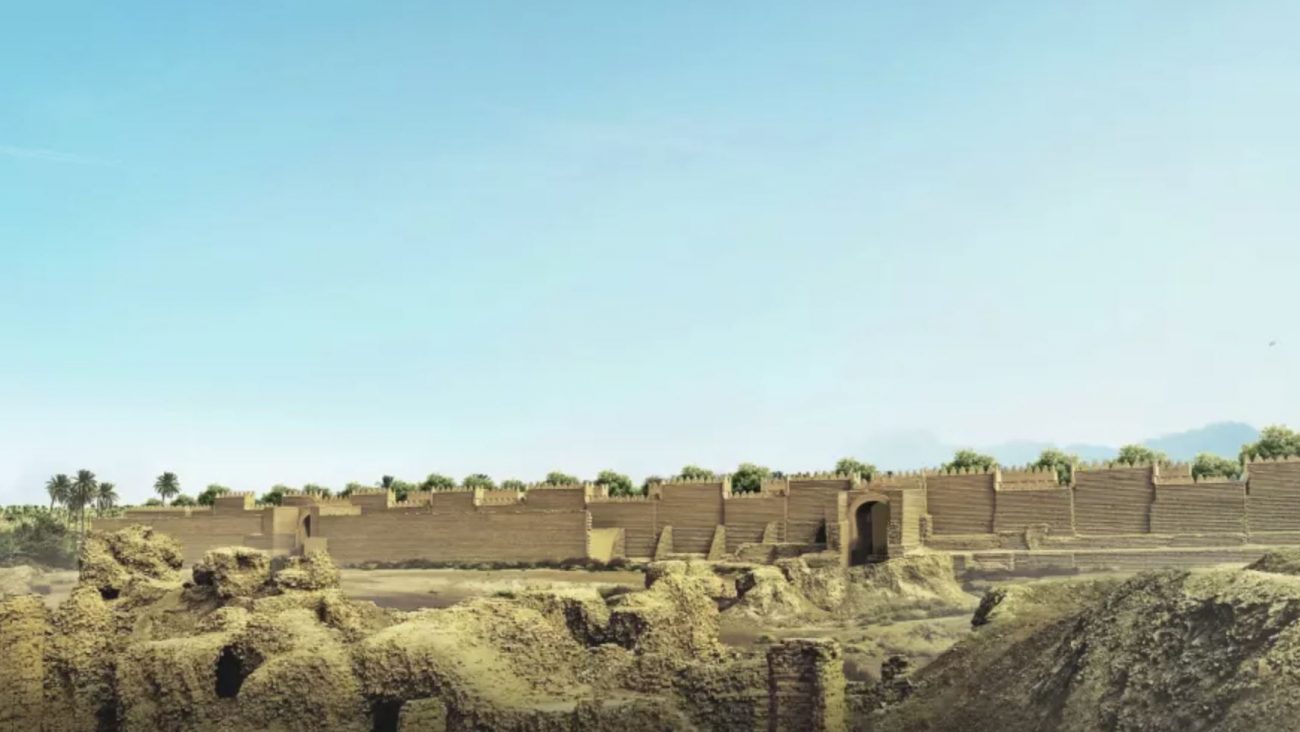
The Colossus of Rhodes
One of the most incredible statues ever built on the planet’s surface was the 104ft recreation of the Greek sun-god Helios, built at the Mandraki Harbour in Rhodes. the statue is believed to have been built using the melted weapons of the Cypriot army’s arsenal, conquered after Demetrius Poliorcetes’ long siege of Rhodes. It took twelve years to complete, starting in 304 BC. The Colossus eventually crumbled after a powerful earthquake struck Rhodes, 56 years after it was completed. Eventually, the statue’s remains were melted down by Muslim caliph Muawiyah and sold for scrap.
Before
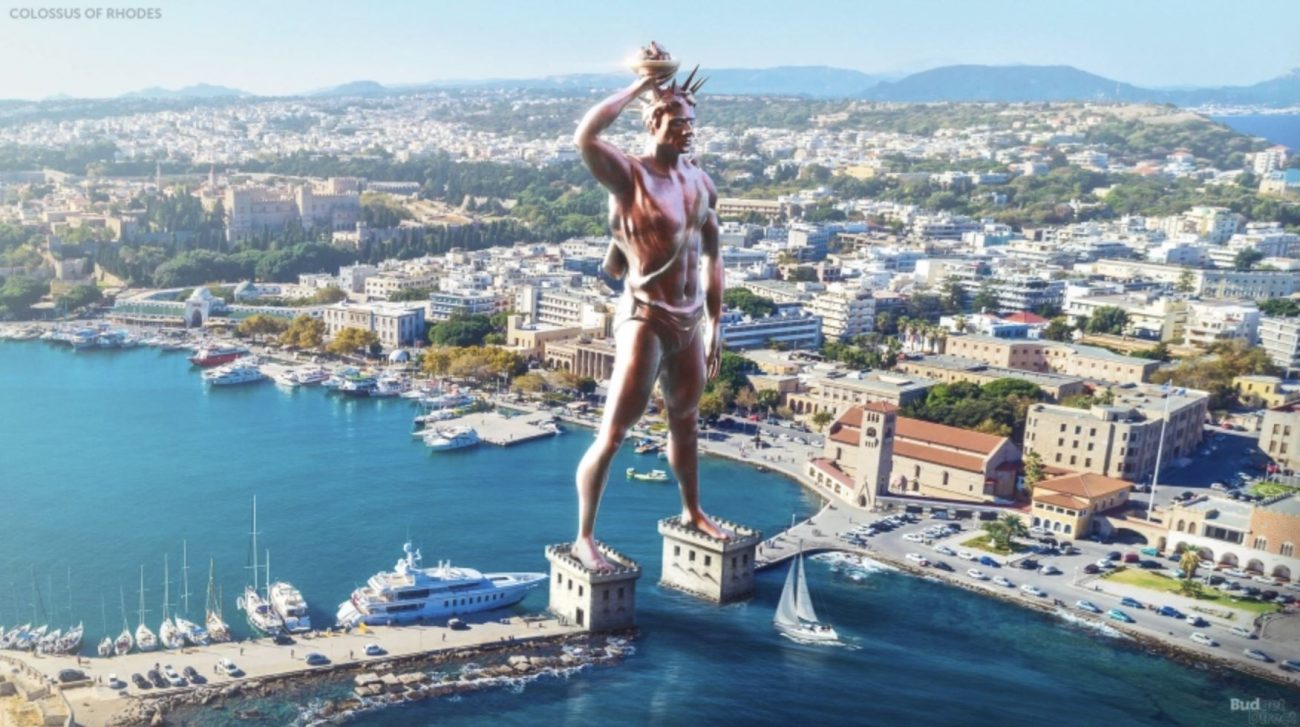
After

The Lighthouse of Alexandria
The massive Lighthouse of Alexandria was proof that the ancient Egyptians could not only build majestic tombs but massive structures that served other purposes as well. The Lighthouse was commissioned by Ptolemy I and completed in 300 – 280 BCE. It remained one of the world’s largest buildings for centuries, with a towering height of 330ft, second only to the Great Pyramid of Giza.
Before

After

The Mausoleum at Halicarnassus
The gigantic 148ft mausoleum was constructed in modern-day Bodrum around 350 BC. The Mausoleum at Halicarnassus was built as a tomb for Mausolus, king of Caria. The tomb ended up being so spectacular that, eventually, the ruler’s name ended up as the word that would describe a large funeral monument.
Before
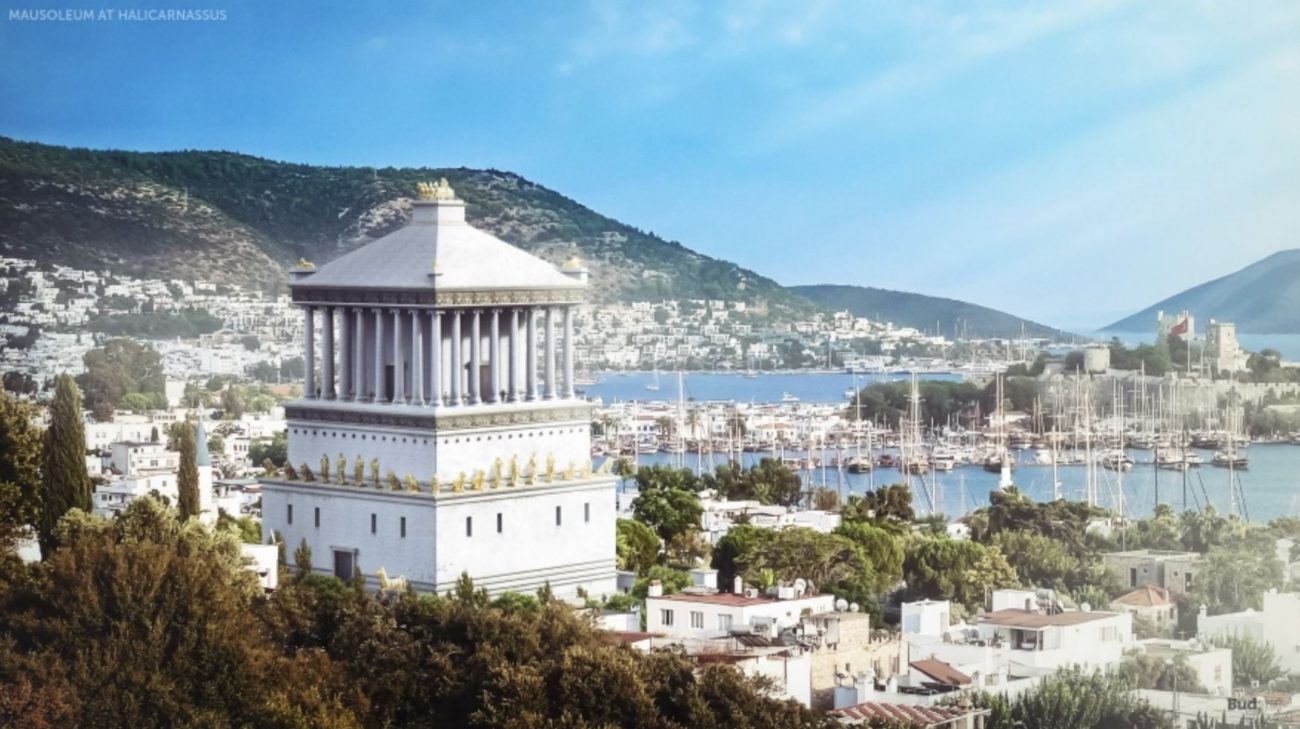
After
The Statue of Zeus
The 43 feet tall statue of Zeus was one of the more impressive statues ever built in ancient times. Unfortunately, wood tends to catch fire, which is an issue for a statue to survive the test of time. That was the case of the Elean culture’s Statue of Zeus at Olympia, which was destroyed in 426 CE. The Gold, ivory, ebony decorations, and numerous precious stones that adorned the statue have never been found.
Before
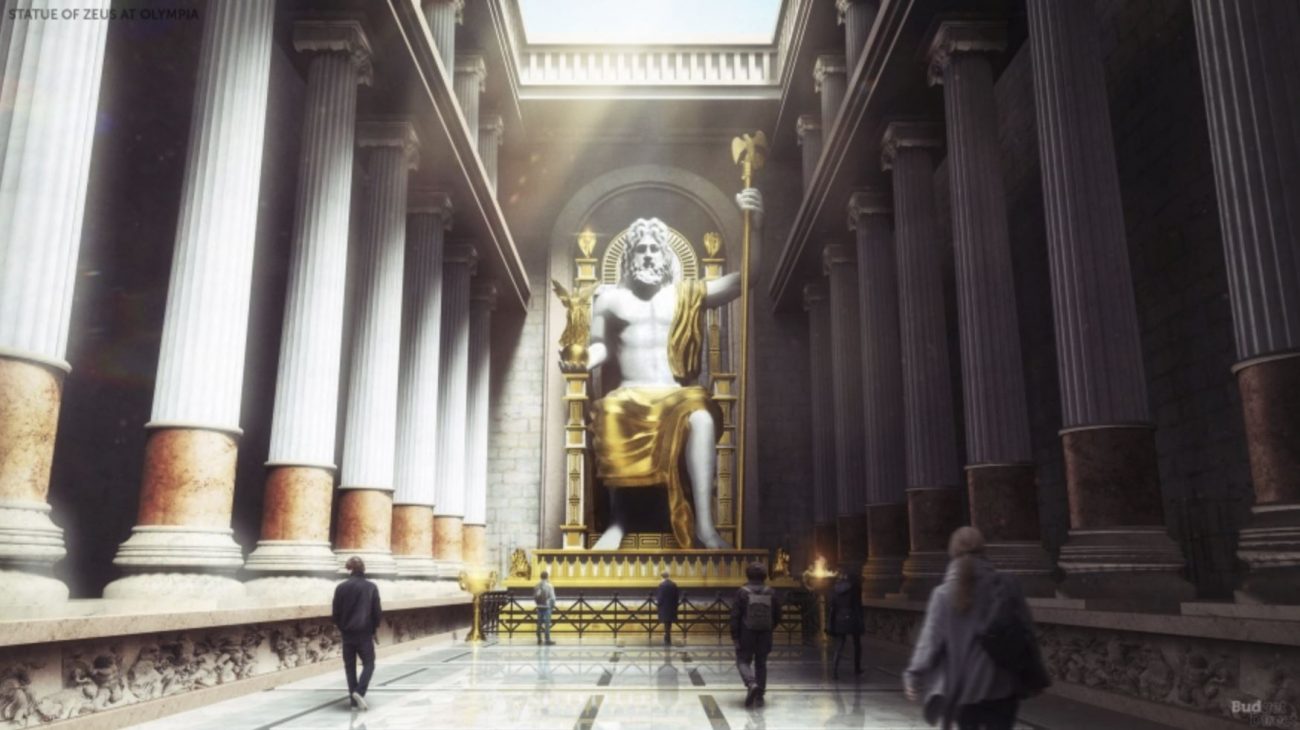
After
The Temple of Artemis at Ephesus
The temple of Artemis is perhaps evidence of how cruel humankind can be with monuments that actually mean something to humanity. The stunning temple of Artemis was built in honor of the Greek goddess, the daughter of Zeus and Leto, the twin sister of Apollo, and the goddess of hunting, wild animals, and the wilderness. It was destroyed three times. First by Herostratus, then by the Goths, who destroyed the entire city, and finally by the Christians around 401 CE, who left only the temple’s foundation as a single column that you can still see today if you travel to Turkey.
Before
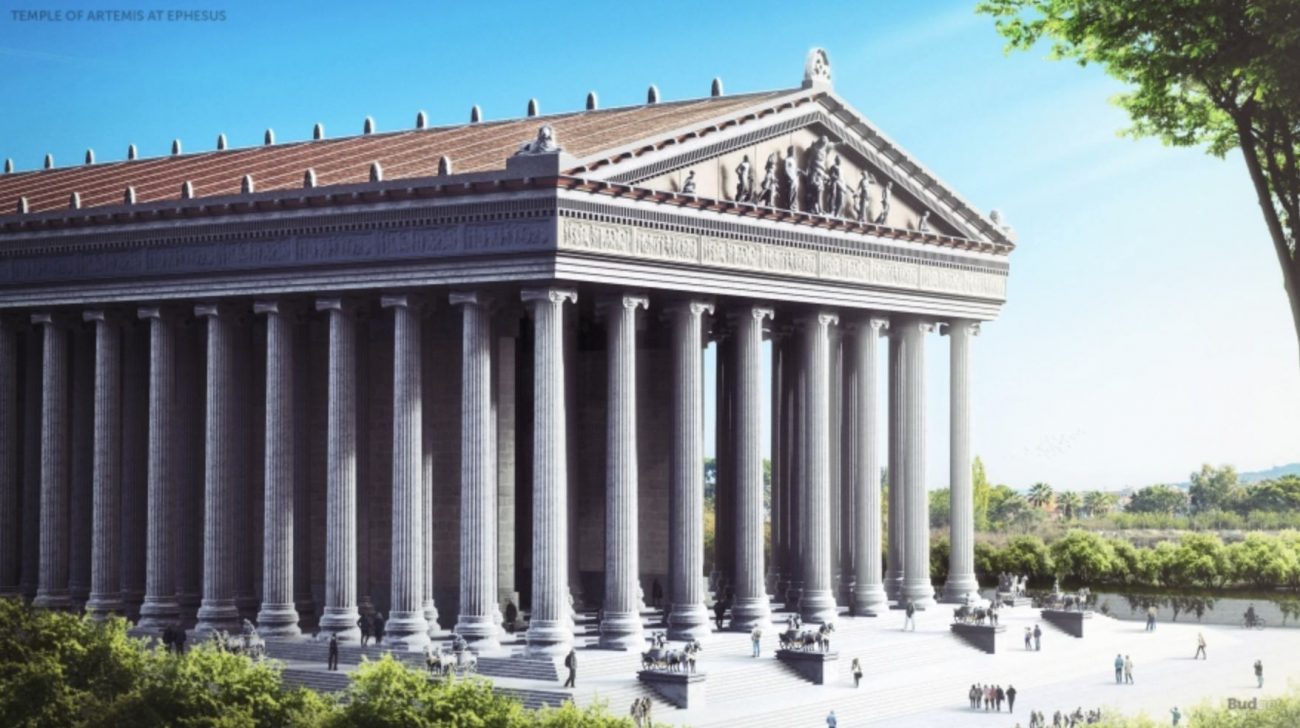
After
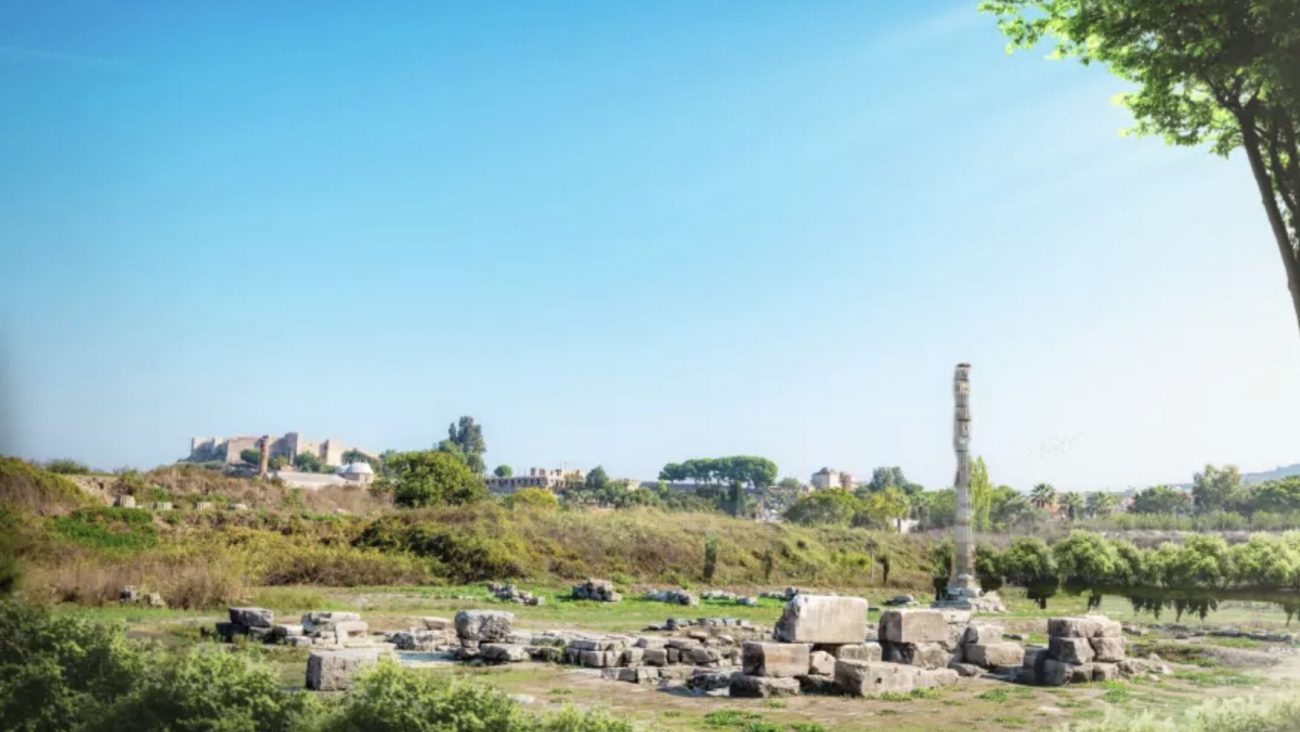
The Great Pyramid of Giza
The list concludes with the only standing ancient wonder of the world, the great PYramid of Giza. This majestic monument is thought to have been built by the ancient Egyptians more than 4,500 years ago. It is a true wonder of ancient engineering and architecture. The fact that its the only standing monument today tells you just how incredibly well-built the structure is, surviving conquests, natural disasters, and climate change.
Before
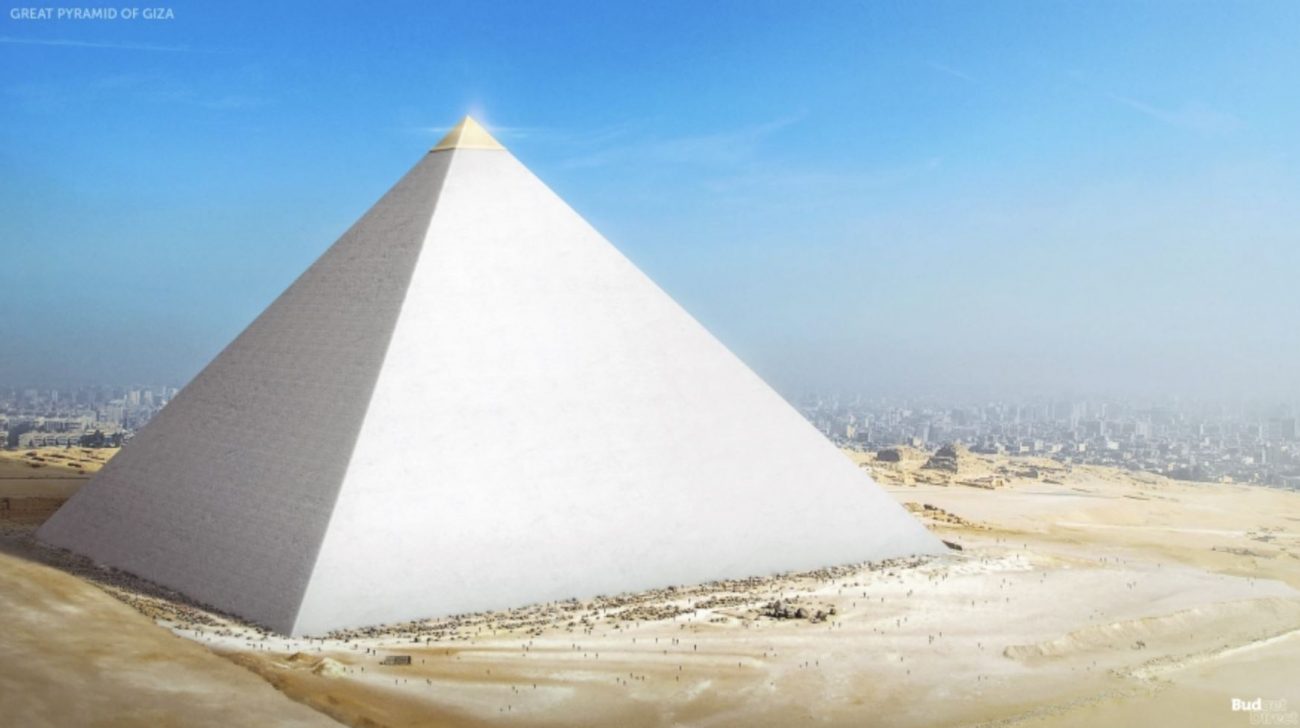
After
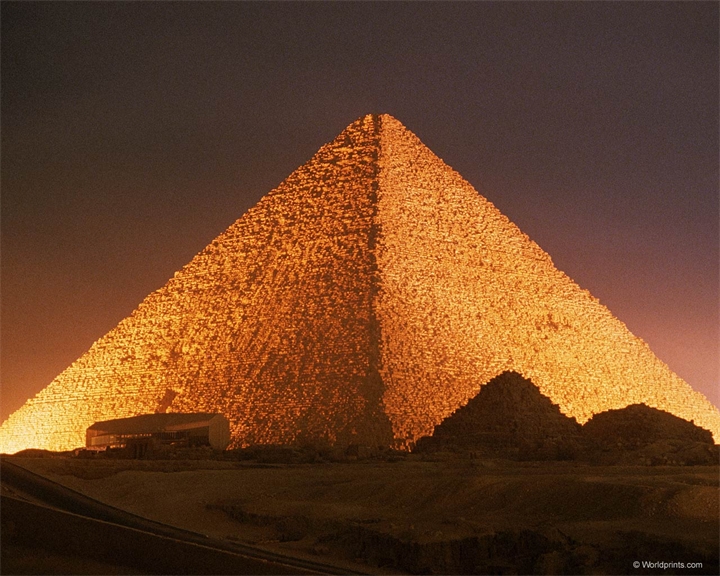
Images by: Budget Direct
Join the discussion and participate in awesome giveaways in our mobile Telegram group. Join Curiosmos on Telegram Today. t.me/Curiosmos



